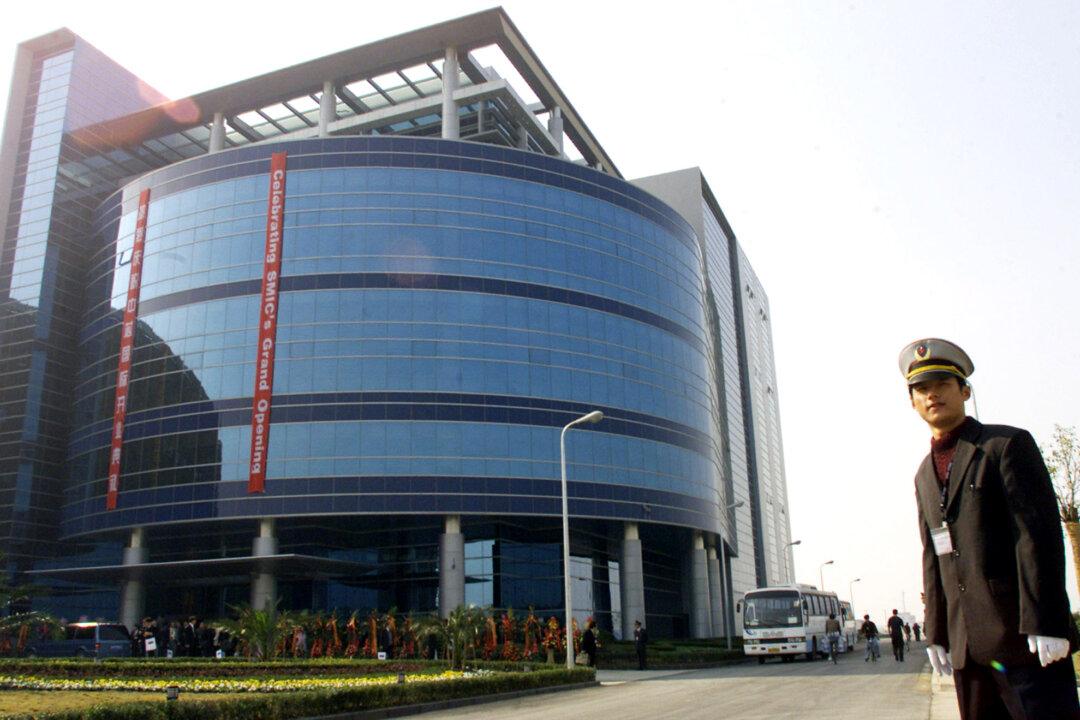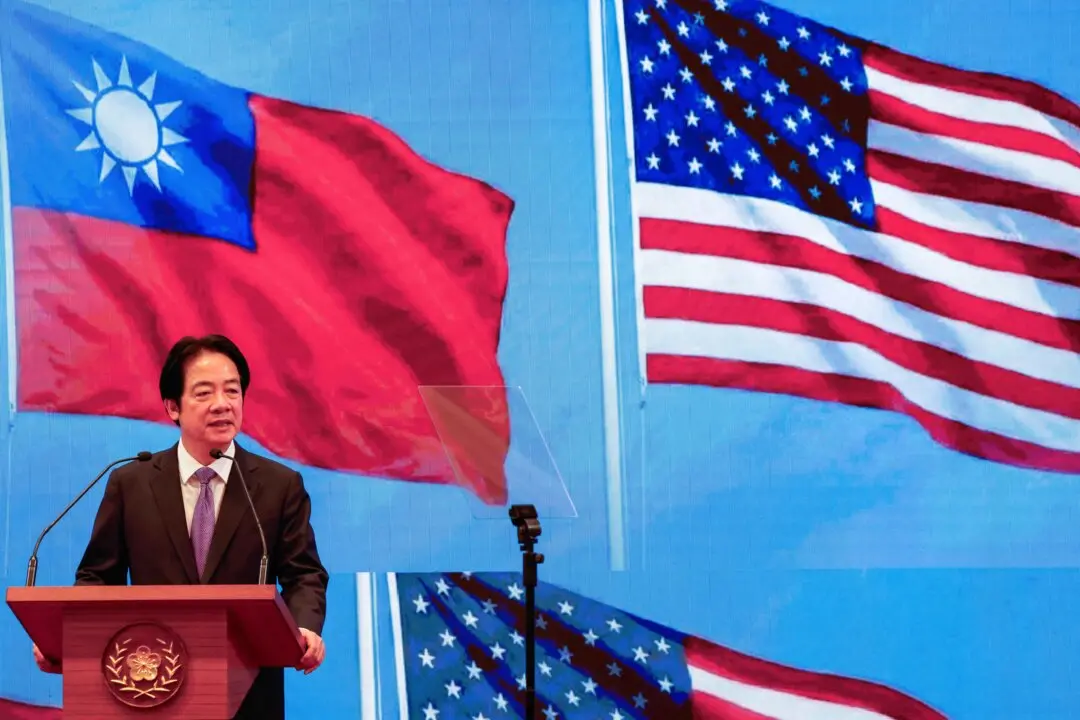The United States has blocked American firms from doing business with China’s biggest chipmaker SMIC, over concerns about its alleged connections to the Chinese military.
The U.S. Department of Commerce issued a letter dated Sept. 25 to American companies asking them to acquire a government export license before they can sell certain technology to the Semiconductor Manufacturing International Corp. (SMIC) and its subsidiaries.




